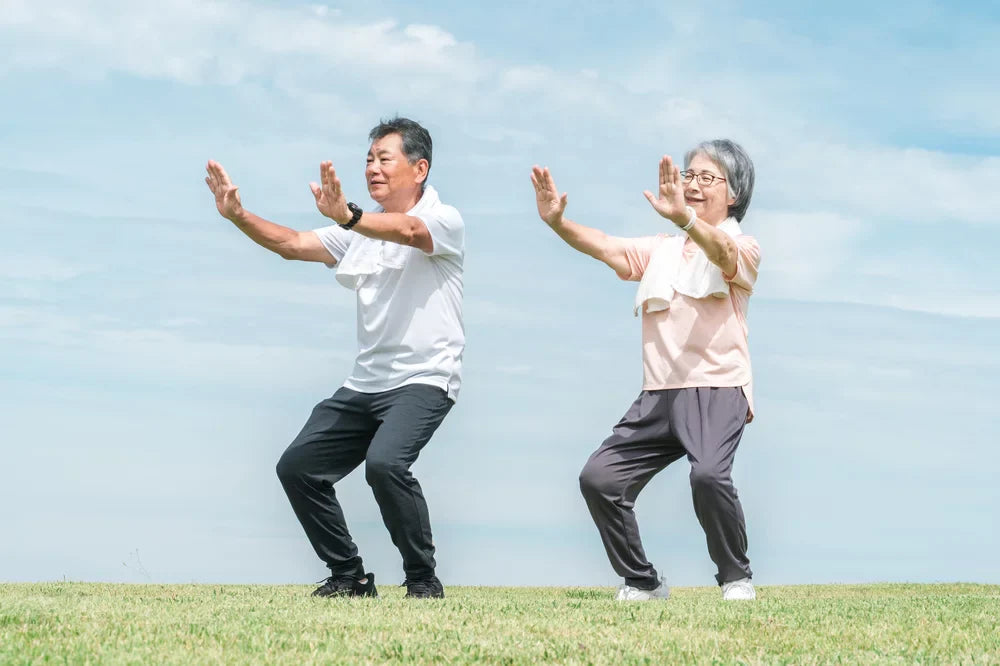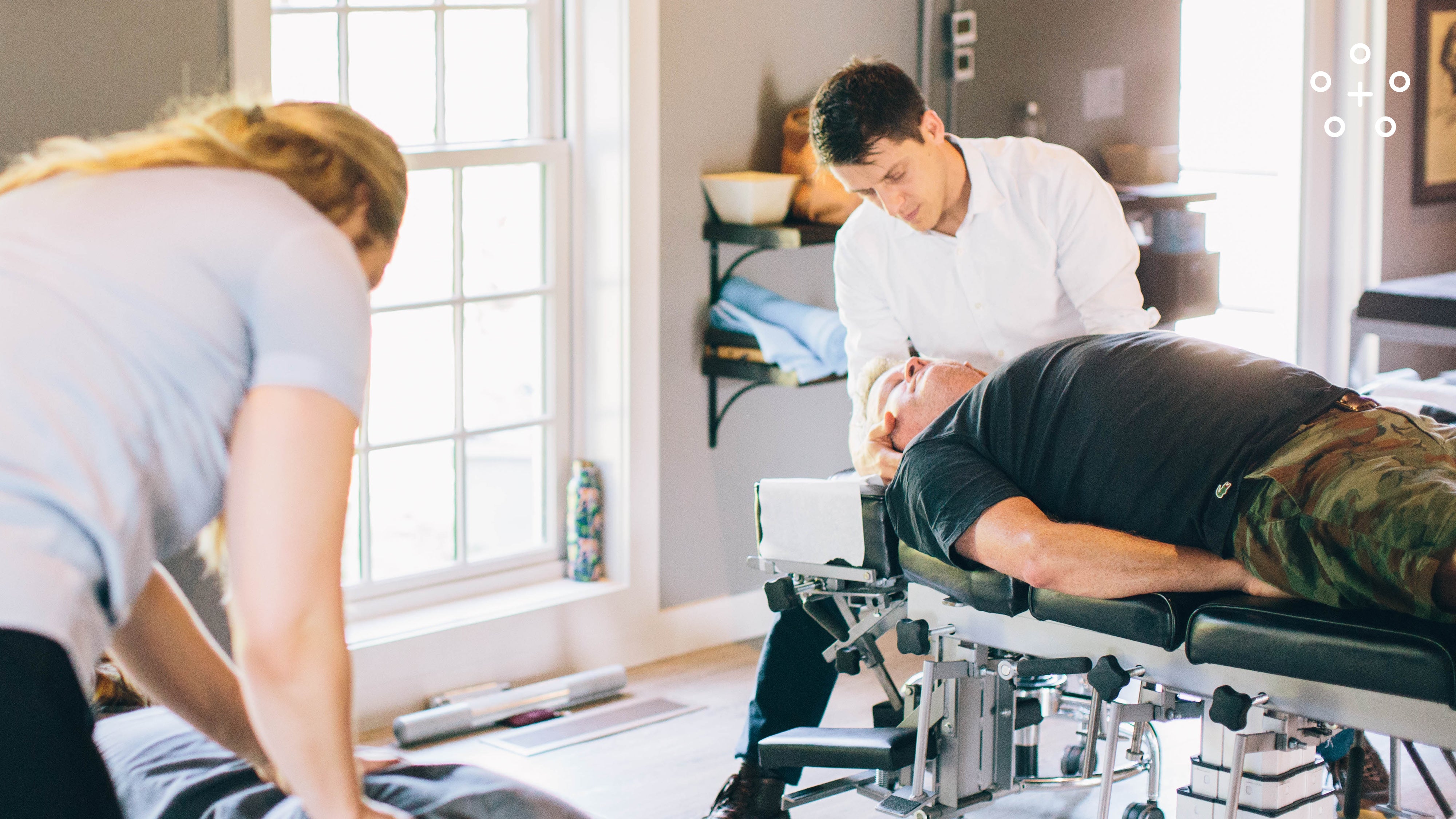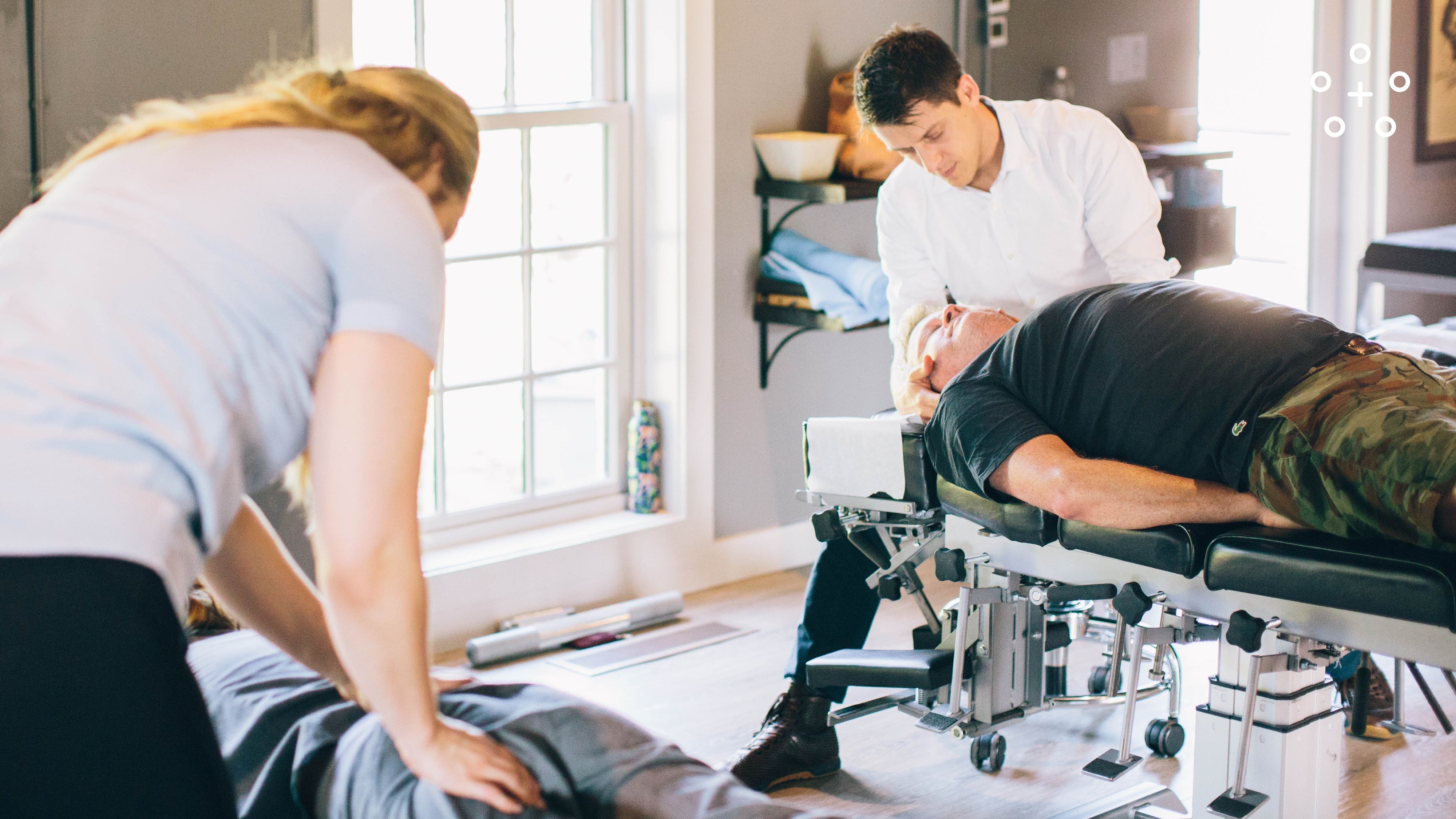TL;DR:
If you're feeling tight, stiff, or emotionally drained, learning how to release tension in the body can greatly improve your physical and mental well-being. This blog shares 15 effective, research-backed methods for relaxing the mind and body, lowering stress levels, and easing discomfort caused by built-up tension.
Readers will learn:
- How to use breathing exercises and deep breathing to calm the nervous system
- The importance of physical activity and stretching to reduce muscle tension
- How practices like tai chi, posture correction, and journaling support body stress release
- Simple ways to relax, such as massage, heat therapy, and laughter
- Tips to build daily habits that promote long-term stress relief and help you feel good
These techniques are easy to integrate into your routine and support overall mental health through better stress management.
In today’s fast-paced world, it's easy to carry around physical and emotional stress without even realizing it. Whether it’s tight shoulders, clenched jaws, or a racing mind, built-up tension affects both your body and mind. The good news? There are many practical, science-backed strategies to help you release tension in the body and feel lighter, calmer, and more at ease.
In this blog, we’ll explore 15 effective ways to support body stress release and promote relaxation for your mental health and physical well-being.
1. Practice Deep Breathing
Deep breathing is one of the fastest ways to calm your stress response. It signals the nervous system to relax, helping to slow your heart rate and ease physical tension.
Try this: Sit or lie in a comfortable position. Inhale slowly for a count of 4, hold for 4, and exhale for 6. Repeat for 2–5 minutes.
2. Move Your Body Daily
Physical activity helps burn off excess adrenaline and cortisol—the hormones associated with stress. Regular movement can reduce muscle tension, elevate mood, and increase circulation.
You don’t need to hit the gym. Go for a brisk walk, dance in your kitchen, or do yoga at home.
3. Stretch Tight Muscles
Stretching increases flexibility and blood flow while releasing tension in commonly tight areas like the neck, hips, and back. Try a daily stretch routine, especially after long periods of sitting.
4. Try Progressive Muscle Relaxation (PMR)
PMR is a technique that involves tensing and then releasing each muscle group. It’s incredibly effective for helping you become aware of areas holding body tension and teaching your muscles how to relax on command.
5. Get a Massage
Massage therapy isn't just a luxury—it’s a powerful way to release body tension. A skilled therapist can target built-up tension in the soft tissues, improve circulation, and trigger relaxation.
6. Use Heat Therapy
Applying a warm compress, heating pad, or soaking in a hot bath can soften tight muscles and soothe aches, especially in your neck, back, or shoulders.
7. Journal Your Thoughts
Releasing physical stress often starts with releasing emotional stress. Journaling gives you a safe outlet to process feelings and quiet racing thoughts.
Write freely for 5–10 minutes without worrying about grammar or structure—just let it out.

8. Reduce Screen Time
Too much screen time can increase stress levels, strain the eyes, and tighten neck and shoulder muscles. Set limits on your device use and incorporate screen breaks into your day.
9. Focus on Your Posture
Poor posture creates unnecessary tension in your spine and neck. Check in throughout the day: Are you slouching? Hunched over your phone?
Sit or stand tall, relax your shoulders, and align your head over your spine to prevent body stress from accumulating.
10. Try Tai Chi or Qigong
These gentle, flowing movement practices help integrate the mind and body, support balance, and reduce muscle tension. Practicing tai chi regularly can improve flexibility, breathing, and mindfulness—all of which help release tension in the body.
11. Practice Breath-Body Synchronization
Try this as a quick stress relief tool: As you exhale, gently soften and relax any tense body part. Sync each breath with a body scan, releasing tension bit by bit.
12. Laugh It Out
Laughter really is medicine. It increases oxygen intake, stimulates your heart and lungs, and triggers the release of endorphins. Watch a funny video, listen to a comedy podcast, or call a friend who makes you laugh—it all helps you feel good and reset your stress response.
13. Ground Yourself with Sensory Techniques
Grounding exercises bring you back into your body and the present moment. Try the 5-4-3-2-1 method:
- 5 things you see
- 4 things you can touch
- 3 things you hear
- 2 things you smell
- 1 thing you taste
This is great for anxiety and tension that comes from being overwhelmed or overstimulated.
14. Stay Hydrated and Nourished
Dehydration and poor nutrition can increase stress levels and muscle tightness. Drink water regularly and fuel your body with whole foods like leafy greens, fruits, lean proteins, and omega-3 fats.
15. Prioritize Rest and Sleep
Chronic sleep deprivation makes it harder to release tension in the body and cope with everyday stress. Aim for 7–9 hours of quality sleep per night. Try to create a calming bedtime routine that helps your body and mind unwind.
Recap: 15 Effective Ways to Release Body Tension
Here’s a quick recap of techniques to help you release body tension and support both physical and mental health:
- Breathing exercises like deep belly breathing
- Regular physical activity
- Stretching and posture checks
- Tai chi or mindful movement
- Warm baths or heat therapy
- Journaling and laughing
- Sit or lie in stillness during meditation or PMR
- Reduced screen time and grounding techniques
- Healthy food and quality sleep
Why Releasing Tension Matters
When tension builds up, it doesn't just affect your muscles—it can also contribute to:
- Headaches
- Digestive issues
- Poor focus
- Irritability
- Anxiety and depression
Learning how to release tension in the body can help reduce these symptoms, improve resilience, and promote long-term wellness. Remember, the body and mind are deeply connected. When one relaxes, the other often follows.
The Bottom Line
You don’t need to wait until you're overwhelmed to start caring for your body. Small habits, practiced consistently, can help you manage stress before it becomes a problem. Choose one or two strategies that resonate with you and make them part of your daily routine.
Whether it’s breathing deeply, stretching before bed, or taking time to journal, each action helps your mind and body reconnect—and supports your journey to a healthier, more relaxed you.




